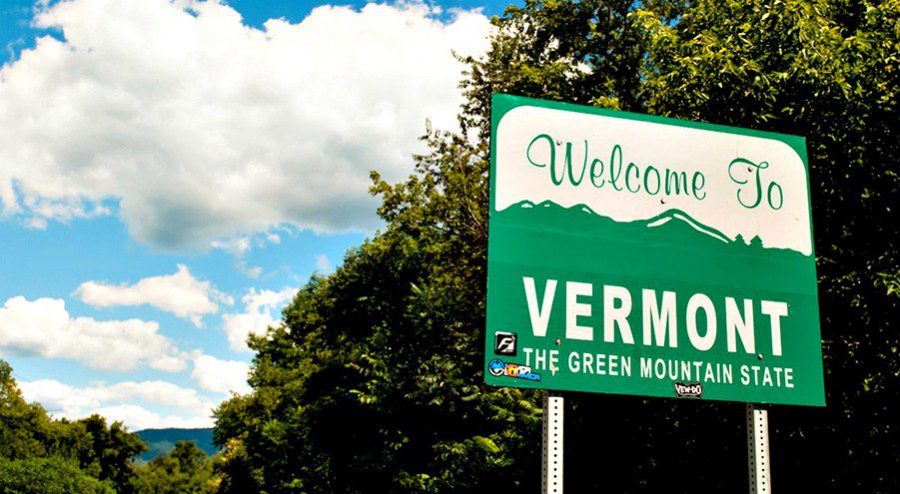Recreational cannabis sales approved by Vermont House
Vermont is on the verge of regulating and taxing recreational cannabis sales, after the House approved S. 54 with a vote of 90-54. The bill now makes its way back to the Senate for deliberation.
On February 26, the Vermont House of Representatives gave preliminary approval for cannabis sales to kick-start in 2020; a tedious debate ensued before a decision was made. The next day, amendments and taxation measures were pondered over by lawmakers. Now, a House vote must commence before the law can go into effect.
The same cannabis bill was approved in the Senate in 2019 in a 23-5 vote. It would legalize, regulate, and tax cannabis sales for adults aged 21 and above. However, the legalization measure faces opposition from Republicans.
Governor Scott must sign Vermont’s adult-use cannabis bill into law
At the beginning of this year, Vermont’s governor admitted that he was open to legalizing, taxing and regulating cannabis sales in the state. Although state Governor Phil Scott has approved legislation to kick-start adult-use cannabis sales statewide, he previously said that he wouldn’t sign a cannabis bill without a saliva testing provision.
The Republican must sign the bill in order for it to become law; there is a lack of support for cannabis legalization from Republicans. Just six out of a total 43 Republicans voted in favor of S.54. Surprisingly, over a dozen Democrats voted in opposition of Vermont’s recreational cannabis bill.
Scott’s political view impacted Vermont’s medical cannabis market from the get-go, with the Governor reluctant to allow cannabis sales to launch in the state. Fortunately, he seems to have changed his tune and the Vermont House of Representatives has now approved cannabis sales for 2020. Should Scott decide to overthrow the legislation, 10 additional votes would be needed by House Democrats to overrule his veto.
An overview of Vermont’s adult-use cannabis bill
If Vermont’s adult-use cannabis bill is approved, a State Control Board would be established to oversee and deal with licensing for all cannabis cultivators, retailers and manufacturers involved in the state’s legal market. Licenses would be provided to successful dispensary owners; dispensaries would start selling the plant in 2022.
The state stands to reap the rewards of Vermont’s cannabis retail tax rate, despite it not having been decided on just yet. Separate cannabis retail sale tax rates have been proposed by the House and Senate; a 16 percent tax rate was proposed by the Senate, whereas the House suggested that sales be fixed with a 20 percent tax rate.
Unfortunately for cannabis consumers who like to vape, the bill outlaws vaporizable cannabis. Heavy smokers will be limited to cannabis flower that has a THC (tetrahydrocannabinol) content of 30 percent, whereas “dabbers” will be limited to solid concentrates with a THC limit of 60 percent. Oils will not be made available under the terms of Vermont’s adult-use cannabis bill, nor will flavored vape cartridges.
Analysts at Marijuana Business Daily predict that legal cannabis sales in Vermont could generate $130 million–$160 million within the next five years. This revenue would help to support the many companies that have been scrambling to survive, due to a lack of legal sales.








